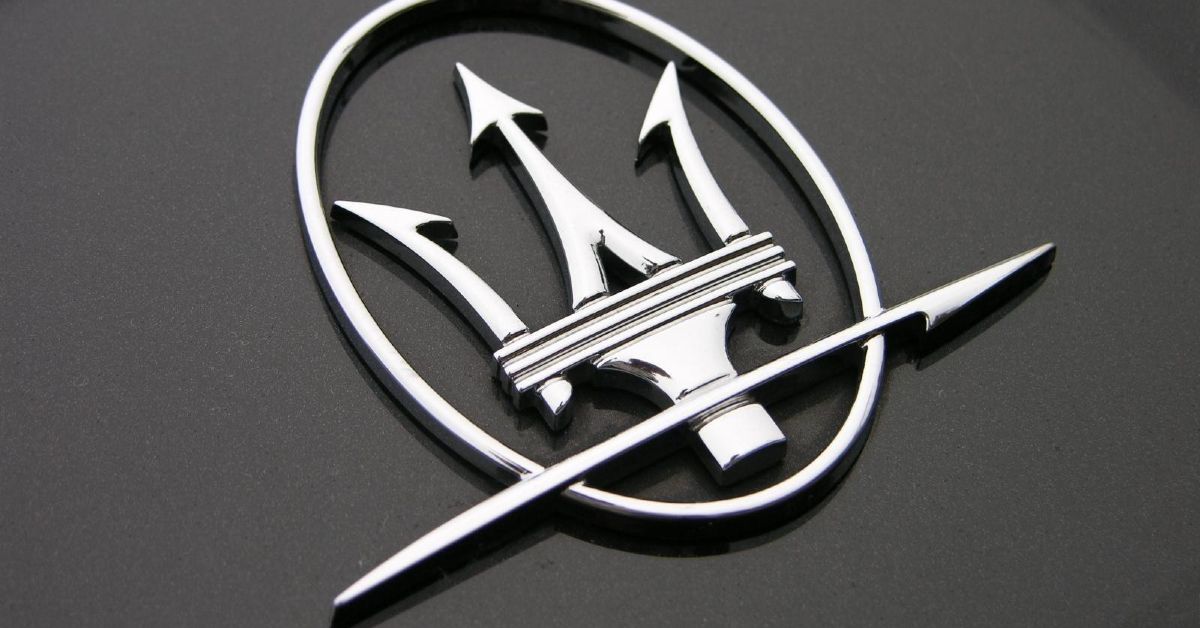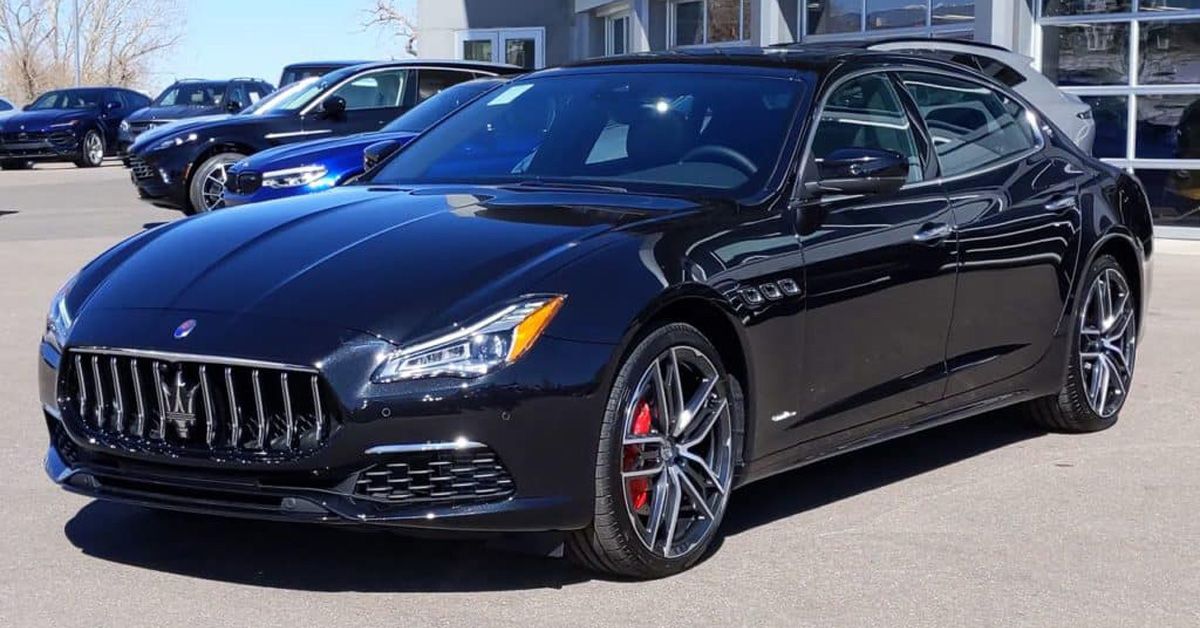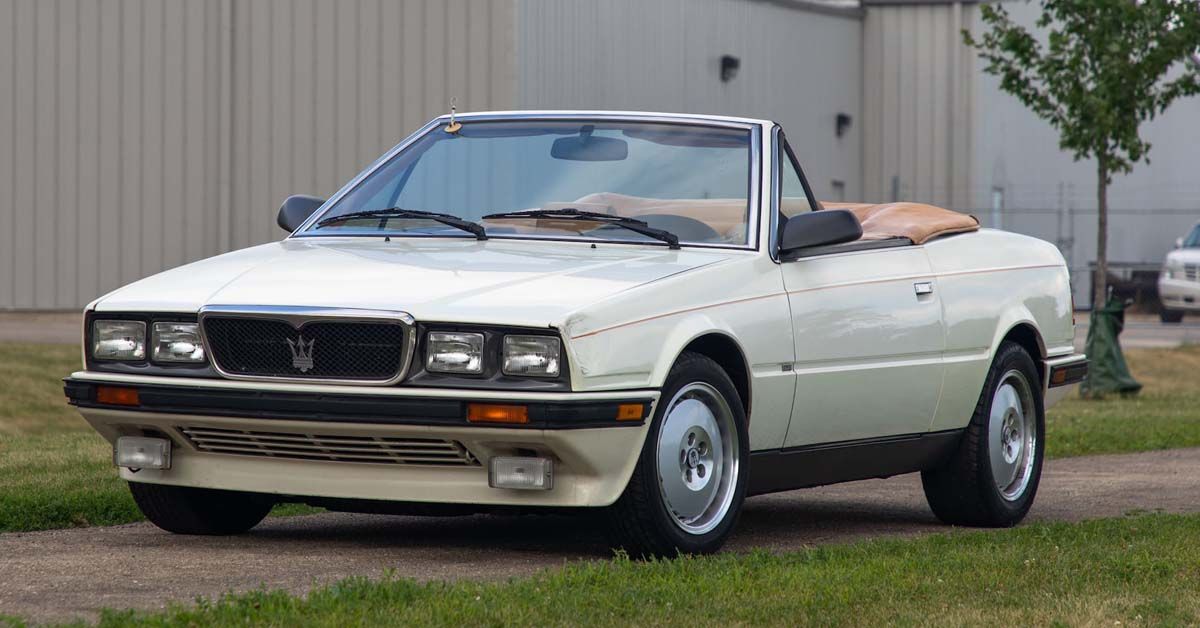The Maserati Classiche Program, which was announced in last year’s “MMXX: Time To Be Audacious” event, has finally begun. The Maserati Classiche Program seeks to give the honor due to old, classic Maserati cars by helping in preservation, restoration, repair and authentication. Maserati seeks to appeal to its collectors and loyal fans who have taken the time and care to preserve old Maserati cars.
The program has started this month, with the first car being a Maserati Mistral of 1969 with Auteuil livery. The Maserati Mistral 1969 had a 3.7-liter straight-six engine that produced 245HP. The car was given authentication under the Classiche Program through a process of verification that includes over 300 checks. The car received a certificate of originality after being cross-checked with the documents present in Maserati’s historic archives. This certification program is conducted by a panel of Maserati experts and offered to Maserati cars more than 20 years old and some belonging to the special series.
The Classiche program will also offer in-house minor repairs and routine maintenance. The company will also start producing old spare parts, starting from parts that generally get damaged in older cars. To further enhance customer service, Maserati Classiche Program will also include support for maintenance and restoration of its classic cars to its finest detail with the original design components. The company is expected to launch a series of major assistance services from 2022 which may even include restoration of old cars by the company itself.
A Look Back At Maserati Over The Years
As the story of most car manufacturers goes, Maserati was also started as a workshop where people could customize and develop their cars. Maserati was started in Bologna, Italy in 1914 and started manufacturing its own cars by 1926. The first car developed by the Italian giant was the Tipo 26, a racing car that debuted the same year at the Targa Florio and came first place in the class up to 1.5L.
Maserati has produced some truly magnificent cars over the years, which has also resulted in major wins across different racing competitions. Cars like the Quattroporte, which means four-door in Italian, have redefined cars in their segments. The Quattroporte, which was released in 1963, created a whole-new segment of saloon cars that offered comfort and performance in one. The first series Quattroporte had a 4.2L V8 engine that produced 260HP and had a top speed of 260 km/h, making it the fastest saloon car of the 60s.
Maserati was also the first car company to come up with production cars that used twin-turbocharged engines.
The Maserati Gran Turismo is one of the most collectible classic cars of its generation and served as a cornerstone in the history of Maserati. Today, Maserati is one of the most popular Italian car manufacturing companies, with its presence in more than 70 markets internationally.
Under the new Maserati Classiche Program, the company is trying to woo its loyal fans by helping in the whole restoration process. The Classiche Program is a great initiative from the company that will help in preservation of its heritage and history. The program will also help many Maserati enthusiasts who want to restore their old cars but can’t find spare parts.
How Will Maserati Conduct The Classiche Program
Come 2022, Maserati will take on more expansive plans, which will include the company taking restoration projects itself. Maserati also plans to produce spare parts of classic cars from old design blueprints and improve reliability with new materials. The manufacturing process will be done with the goal of increasing functionality and reliability of these parts without altering the original aesthetic appearance of them.
The Maserati Classiche program’s main goal is the restoration of as many classic cars as possible, while also preserving the investment of their owners. Thus, the program includes emphasis on Classiche, Youngtimer and Speciali (“Special” in Italian) cars. Cars of these three categories will get a dedicated service plan for their restoration, while the owners will also get follow-up services to assist in different stages of repair and maintenance.
The certification process for these classic cars is quite complicated, with more than 300 tests to verify their authenticity. The users of classic Maserati cars can apply for the program through the Maserati website and check out all the services associated with this program. At a time when most car companies are focusing solely on futuristic EVs or self-driving cars, Maserati has acknowledged its history and tries to preserve it through the Maserati Classiche program.



